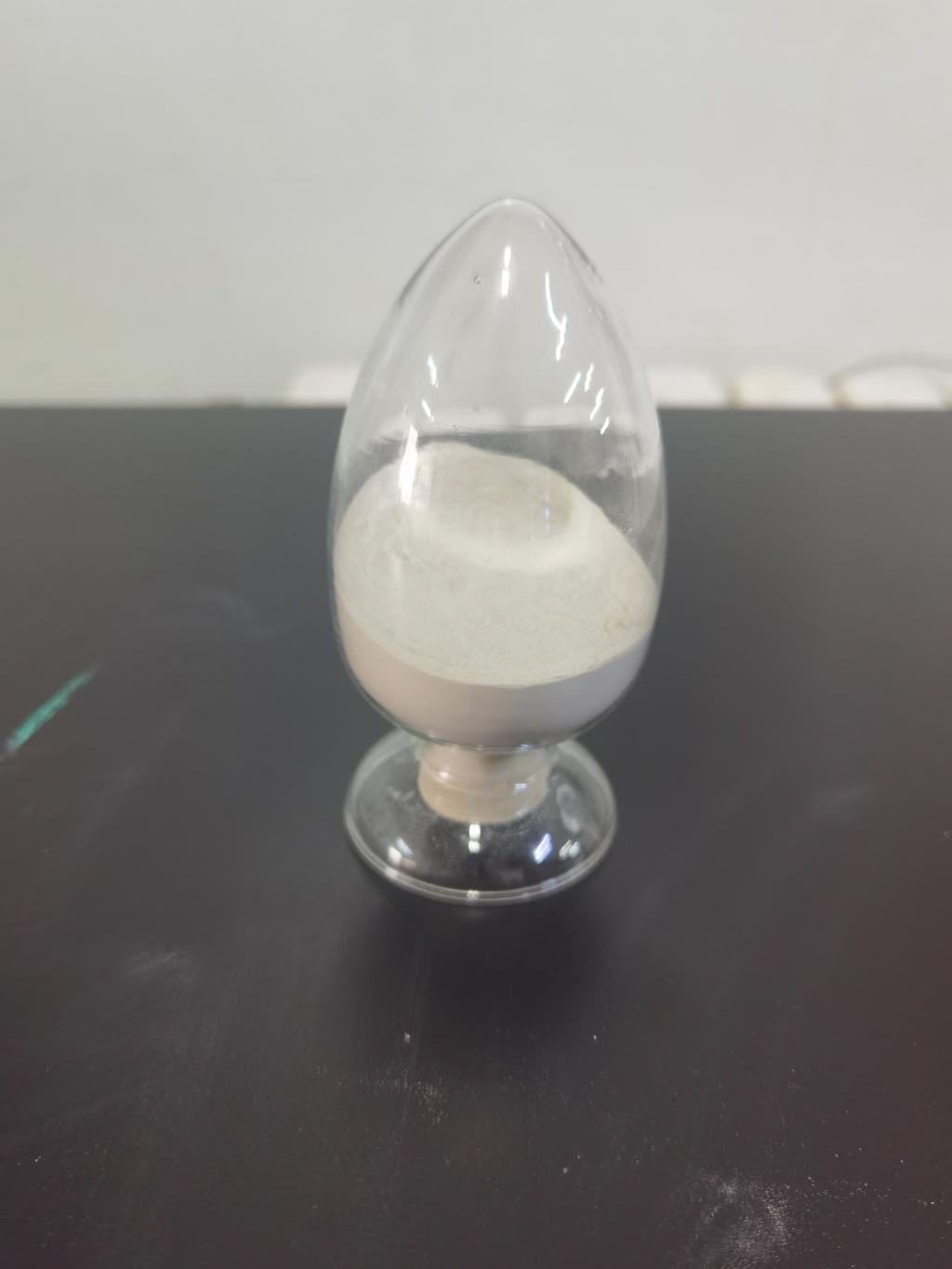Tel:+8618231198596

News
 CONTACT
CONTACT
 CONTACT
CONTACT
- Linkman:Linda Yao
- Tel: +8618231198596
- Email:linda.yao@dcpharma.cn
- Linkman:CHARLES.WANG
- Department:Overseas
- Tel: 0086 0311-85537378 0086 0311-85539701
News
Current Position:
Home >
News
>Nisin’s potential to reduce the use of synthetic preservatives aligns.
Nisin’s potential to reduce the use of synthetic preservatives aligns.
TIME:2024-09-04
The Rise of Clean Label Products
Clean label products are those that feature simple ingredient lists with recognizable ingredients, free from artificial additives and preservatives. This movement has been fueled by a growing distrust of synthetic chemicals and a desire for more transparent food labeling. Consumers are increasingly seeking out products that are minimally processed and are made with ingredients they can pronounce and understand.
Nisin: A Natural Solution
Nisin, produced by the bacterium Lactococcus lactis, is a naturally occurring antimicrobial peptide that has been used as a food preservative for decades. Its effectiveness against a wide range of food-spoiling and disease-causing bacteria makes it a valuable tool in the food industry. Unlike many synthetic preservatives, nisin is derived from a natural source and is generally recognized as safe (GRAS) by regulatory bodies worldwide.
Benefits of Using Nisin
Safety and Efficacy: Nisin has a well-established safety profile and is highly effective against many Gram-positive bacteria, including those responsible for causing spoilage and foodborne illnesses.
Sensory Neutral: Nisin does not impart any significant flavor or odor to food products, making it ideal for preserving the original taste and aroma of the food.
Versatility: It can be used in a variety of food products, including dairy, meat, and ready-to-eat meals, helping to extend shelf life and maintain freshness.
Consumer Trust: As a natural preservative, nisin appeals to health-conscious consumers who prefer products with fewer synthetic additives.
Reducing Synthetic Preservatives
The use of nisin allows food manufacturers to reduce or eliminate the need for synthetic preservatives such as sorbates and benzoates. This not only aligns with the clean label trend but also addresses the concerns of consumers wary of synthetic chemicals. By incorporating nisin into their formulations, companies can create products that meet regulatory standards while also satisfying consumer preferences for more natural options.
Market Opportunities and Challenges
The market opportunity for nisin lies in its ability to provide a natural alternative to synthetic preservatives, thereby tapping into a growing segment of health-conscious consumers. However, there are challenges to overcome, such as ensuring consistent quality and efficacy across different food types and processing conditions. Additionally, educating consumers about the benefits of nisin and dispelling any misconceptions about its use is crucial for its widespread acceptance.
Conclusion
The potential of nisin to reduce the reliance on synthetic preservatives is a significant development that resonates with the evolving demands of today's consumers. By offering a natural solution that supports longer shelf life and enhanced food safety, nisin contributes to the clean label movement and helps food manufacturers meet their sustainability goals. As research and technology continue to advance, the role of nisin in creating cleaner, safer, and healthier food products is likely to grow, benefiting both the industry and consumers.
- Tel:+8618231198596
- Whatsapp:18231198596
- Chat With Skype







